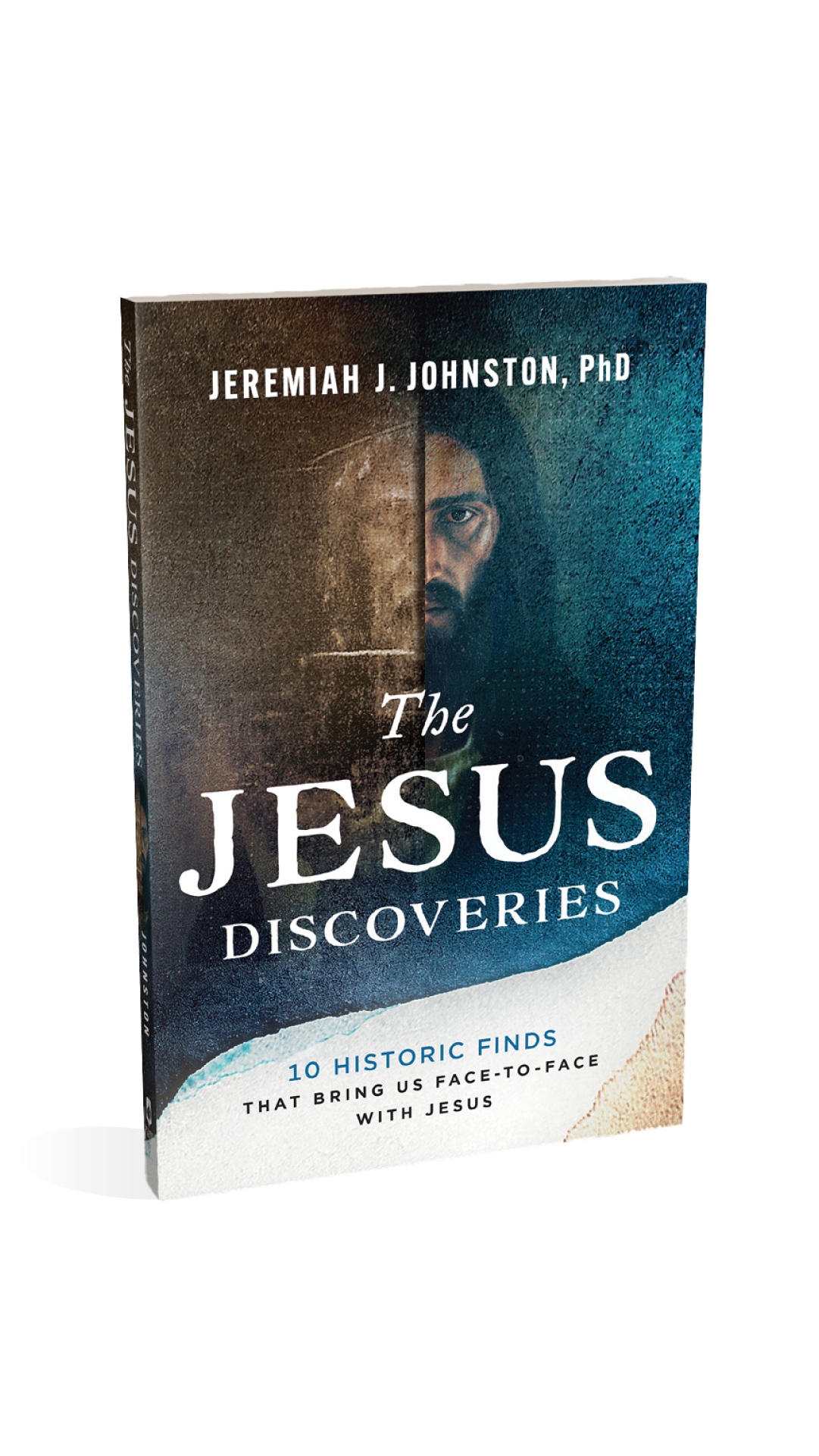How to Love God
The Ten Commandments (Exodus 20:1–11) is much more than a list of “thou shalt” and “thou shalt not.” Upon closer inspection, we can see what should be the driving force behind our obedience to these commands: our love for God because of His love for us.
Remembering what God has done
Before God even lays down the first commandment, He reminds His people of what He has done for them: “I am the LORD your God, who brought you out of the land of Egypt, out of the house of bondage” (Exodus 20:2). God speaks these words to kindle a remembrance in the Israelites’ hearts of all that He had done for them. They had lived in misery and slavery in Egypt. They called out to God for deliverance as their lives became more and more difficult. In answer to their prayers, God finally sent Moses to them and brought them out of that life.
In the same way, we lived under the bondage and power of sin. We faced a certain judgment. Yet God—in His mercy—loved us and forgave us of all our sin as we turned to Him.
If we really appreciate all that God has done, and if we know anything of His all-encompassing forgiveness, it should be our privilege and pleasure to seek to live a life that is pleasing to Him. As 1 John 4:19 puts it, “We love Him because He first loved us.”
Our obedience should spring from love
At the end of the second commandment, we read that God shows “mercy to thousands, to those who love Me and keep My commandments” (Exodus 20:6). God does not want us to obey these commands because we have to, but because we want to. In view of what He has done for us, we should want to reciprocate. Jesus said, “If you love Me, keep My commandments” (John 14:15).
Why? Because “Faith by itself, if it does not have works, is dead” (James 2:17). If a person says that he has truly committed his life to Christ, yet he lives in open sin, it seems highly unlikely that he is really a believer.
“What is the value of the grace we profess to receive which leaves us exactly the same kind of people as we were before we received it? An unholy life is an evidence of an unchanged heart, and an unchanged heart is evidence of an unsaved soul.”—C. H. Surgeon



